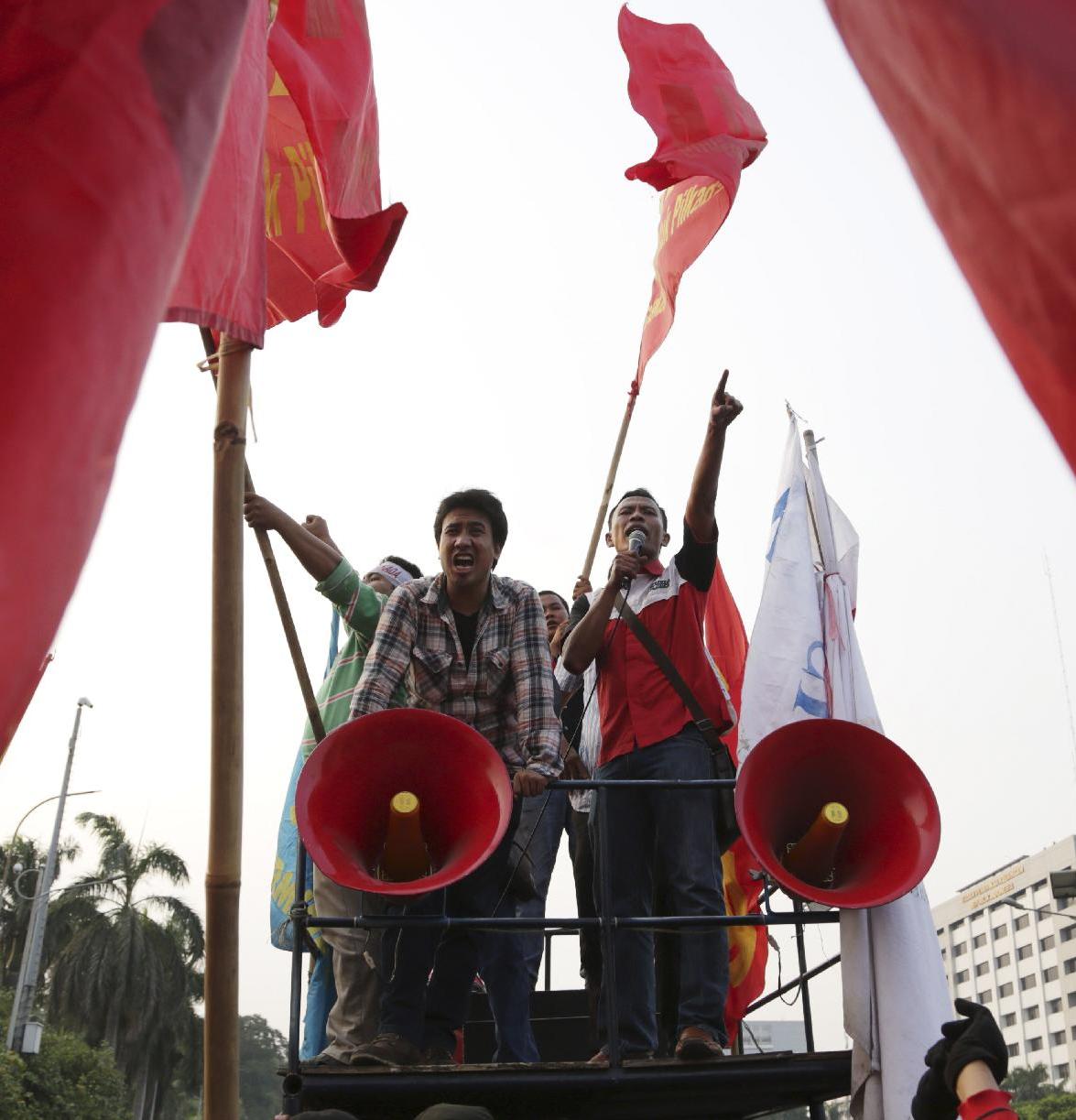Indonesia’s parliament puts an end to direct regional elections
Indonesia’s parliament on early Friday approved legislation ending direct elections for governors and mayors. President-elect Joko Widodo criticized the move as a “big step back” for the world’s third largest democracy. Despite strong public opposition, parliament passed the bill handing the power to choose local leaders to legislative assemblies. Supporters of the legislation, including losing presidential candidate Prabowo Subianto and his coalition, say direct elections have proven too costly and corrupt.
More than 60 per cent of regional leaders were linked to corruption cases because they have spent a lot of money… Time to evaluate our system.
Rindoko Dahono Wingit, a lawmaker
Direct elections for mayors, regents and governors began in 2005 as part of Indonesia’s democratic transition after 1998 fall of Suharto dictatorship. They allowed for a new breed of politician to emerge that were not linked to the political elite, with Widodo being the most famous example. The bill which is passed early Friday stipulates they will now be chosen by the local parliaments as they were prior to 2005. The president will continue to be directly elected.
It is hard not to view this bill as a blunt political manoeuver to return electoral authority from the people to party leadership in the face of electoral defeat in the presidential election.
Andrew Thornley, an Indonesian election expert at the Asia Foundation

indonesia parliament Asia-Pacific